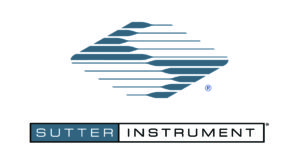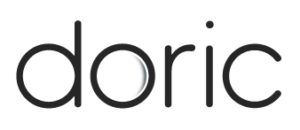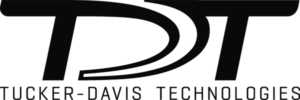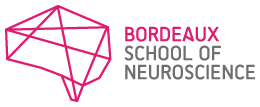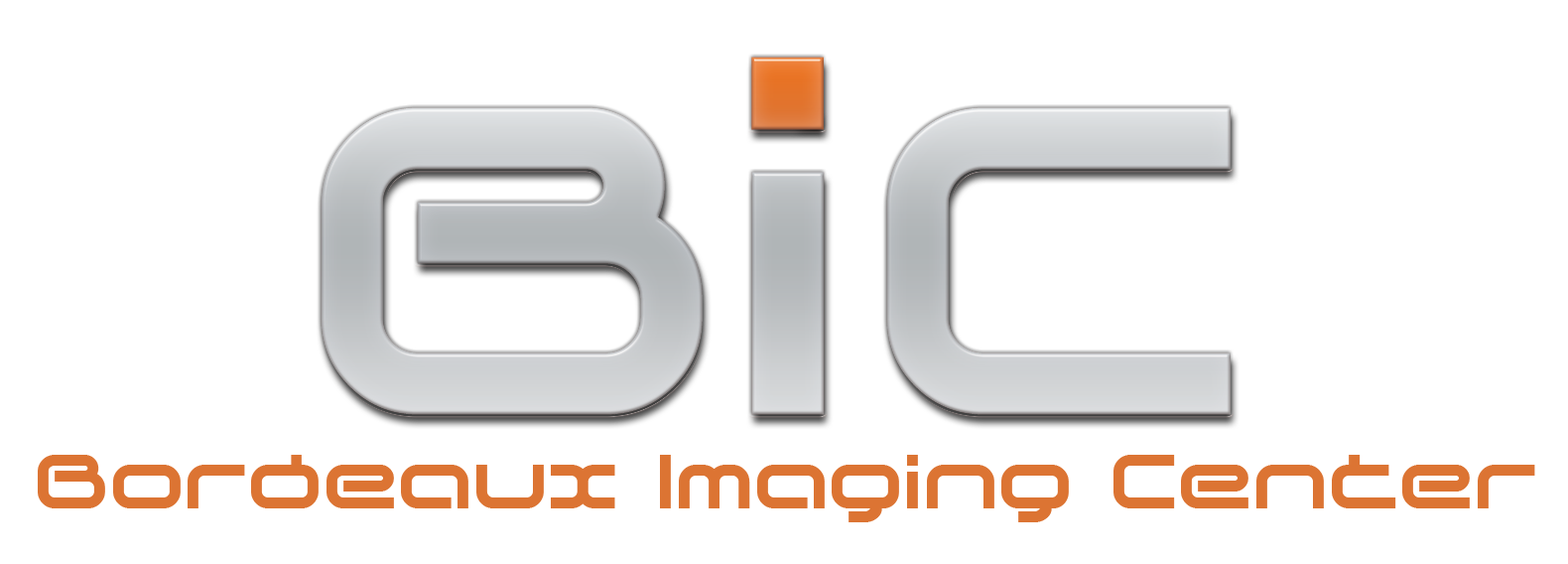Spatio-temporally precise manipulation and read-out of brain circuit function has been one of the longest-standing challenges in neuroscience. The recent explosion in the field of genetically encoded tools to control and measure neuronal activity has greatly facilitated investigation of brain function, ranging from single synapses to large-scale circuits. Both control and readout of neuronal activity can now be achieved over orders of magnitude in space and time, ranging from micrometers to entire brain regions and from milliseconds to days.
This course will provide participants with the opportunity to gain hands-on experience using the latest genetically encoded tools and state-of-the-art equipment for brain circuit investigation. A particular focus will lie on multiplexed manipulations and read-out of brain circuits. Participants will be familiarized with the biophysical principles behind the sensors and actuators, and given training complementary to their background in the technical aspects of experimental approaches.
Hands-on experiments will employ optogenetic and chemogenetic actuators, including excitatory and inhibitory ion channels, pumps, enzymes and G-protein coupled receptors. These actuators will be complemented by genetically encoded indicators of neural activity, including calcium and voltage indicators as well as indicators for neurotransmitters and neuromodulators such as glutamate, dopamine and norepinephrine.
The course will cover a wide range of experimental systems with an emphasis on functional brain circuits in vivo. Finally, participants will be guided through data analysis and conceptual interpretations of their experiments.
Course director & co-directors
- Ofer Yizhar (Weizmann Institute of Science, Israel)
- Michael Lin (Stanford University, USA)
- Simon Wiegert (Center for Molecular Neurobiology Hamburg, Germany)
- Anna Beyeler (Bordeaux Neurocampus, France)
November 24 – 9:00am
Jonas Wietek (Weizmann Institute of science, Israel)
A guide for navigating the optogenetic tool warehouse
November 24 – 11:00am
Stefan Herlitze (University of Bochum, Germany)
Optogenetic control and visualization of GPCR pathways, or a journey from mouse brain to bioluminescent fish
November 25 – 9:00am
Tommaso Patriachi (University of Zurich, Switzerland)
Genetically encoded tools for high-resolution in vivo imaging of neuromodulator dynamics
November 25 – 11:00
Michael Lin (Stanford University, USA)
Voltage imaging in the brain
November 26 – 3:30pm (remotely)
Tom Kash (University of North Carolina, USA)
DREADD 101
November 26 – 5:30pm (remotely)
Adam Cohen (Harvard University, USA)
Optical mapping of neural activity: from voltage imaging to time-tagged ticker tapes
November 27 – 11:00am
Ofer Yizhar (Weizmann Institute of Science, Israel)
Tools and approaches for optogenetic circuit mapping
November 29 – 9:00am
Yaniv Ziv (Weizmann Institute of science, Israel)
Representational drift in the hippocampus and cortex
December 2 – 9:00am
Valentina Emiliani (Institut de la vision, France)
Holographie manipulation of neuronal circuits
December 2 – 11:00am
Stéphane Dieudonné (Institut de Biologie de l’Ecole Normale Superieure IBENS)
A random-access strategy for all-optical recording and control of neuronal activity in vivo: how fast can we get?
December 3 – 9:00am
Anna Beyeler (Bordeaux Neurocampus, France)
Circuit dissection scope and limits: case studies of the amygdala and insular cortex
December 3 – 11:00am (at the center Broca)
Adam Packer (University of Oxford, UK)
All-optical technologies for interrogation of neural codes and their transmission
December 4 – 11:00am
Simon Wiegert (Center for Molecular Neurobiology Hamburg – ZMNH, Germany)
Illuminating neuronal circuits: from new tools to synapses and networks
December 6 – 9:00am
Tatiana Korotkova (University of Cologne, Germany)
Simple pleasures: neuronal regulation of feeding and social interactions
December 8 – 3:30pm (remotely)
Na Ji (University of Berkeley, USA)
Imaging the brain at high spatiotemporal resolution
December 8 – 5:30pm (remotely)
Ute Hochgeschwender (Central Michigan University)
Bioluminescent optogenetics – Molecular control with biological light
Yoann Atlas (Vision Institute, France)
Imane Bendifallah (Vision Institute, France)
Miklos Boldogkoi (Institute of Molecular and Clinical Ophthalmology Basel IOB, Switzerland)
Martina De Gennaro (Institute of Molecular and Clinical Ophthalmology Basel IOB, Switzerland)
Alexander Dieter (Center for Molecular Neurobiology Hamburg ZMNH, Germany)
Andrey Formozov (Center for Molecular Neurobiology Hamburg ZMNH, Germany)
Nitzan Geva (Weizmann Institute of science, Israel)
Christianne Grimm (Vision Institute, France)
J. Quinn Lee (McGill University, Canada)
Maxime Maheu (University Medical Center Hamburg-Eppendorf, Germany)
Mathias Mahn (Friedrich Miescher Institute of Basel, Switzerland)
Vasyl Mykytiuk (Max Plank Institute, Germany)
Praneeth Namburi (Massachusetts Institute of Technology, USA)
Mauro Pulin (Center for Molecular Neurobiology Hamburg ZMNH, Germany)
Inbar Saraf-Sinik (Weizmann Institute of science, Israel)
Robson Scheffer Teixeira (University of Cologne, Germany)
Guilherme Testa-Silva (Institute of Molecular and Clinical Ophthalmology Basel IOB, Switzerland)
Dimitrii Tanese (Vision Institute, France)
- Project 1: Optogenetic control of neuromodulation
- Project 2: Optical tool exploration in culture, in slice, and in vivo
- Project 3: Optical tool exploration in culture, in slice, and in vivo
- Project 4: Probing neuronal excitability with Arch-derived voltage sensors
- Project 5: Longitudinal calcium imaging in freely behaving mice using Inscopix system
- Project 6: In vivo imaging of divergent neural populations using dual-color fiber photometry
- Project 7: All optical characterization of eOPN3 mediated terminal inhibition in vivo
- Project 8: Large-scale electrophysiology and optogenetics during head-fixed behavior
- Project 9: In vivo calcium imaging with open-source Miniscopes
- Project 10: Combining in vivo electrophysiology and optogenetics in freely moving mice
- Project 11: All optical interrogation of dopamine circuits in freely moving mice using multiplexfiber photometry and biosensors
- Project 12: All-optical manipulation and read-out of synaptic transmission
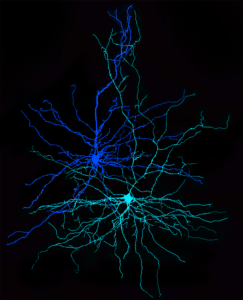
Keynote speakers
Adam Cohen (Harvard University, USA)
Stephane Dieudonne (Institut de Biologie de l’Ecole Normale Superieure IBENS, France)
Valentina Emiliani (Institut de la vision, France)
Stefan Herlitze (University of Bochum, Germany)
Na Ji (University of Berkeley, USA)
Tom Kash (University of North Carolina, USA)
Tatiana Korotkova (University of Cologne, Germany)
Adam Packer (University of Oxford, UK)
Tommaso Patriarchi (ETH Zurich, Switzerland)
Jonas Wietek (Weizmann Institute of science, Israel)
Yaniv Ziv (Weizmann Institute of science, Israel)
Supported by

